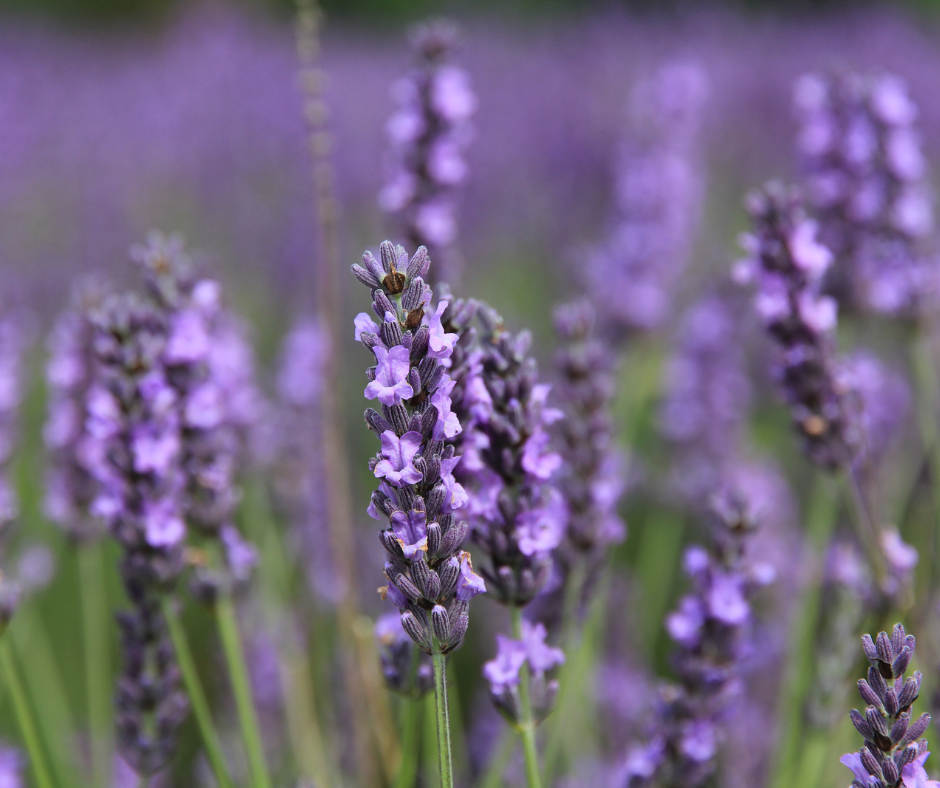
Why are there variations in natural skincare products?
Share
Occasionally when making natural skincare products, there might be a slight change in texture, consistency or appearance despite following the same recipe and ingredients list. While there may be minor variations in the batch making, quality is not affected, and the result is the indication of a genuine natural product.
In the beauty and cosmetics industry, product consistency is often achieved by using chemical emulsifiers, synthetic fragrances and PEG colours (polyethylene glycols), which are petroleum-based compounds commonly used in creams. These types of ingredients are used purely to achieve consistency and are of no benefit to your skin.
Let’s go through some of the factors that can affect natural batch making.
Organic ingredients
At ishga we are certified organic by the Soil Association. This means that our products contain no chemicals, GM (genetically modified) ingredients, parabens, phthalates or synthetic dyes and fragrances.
Using such natural ingredients that have had no chemical intervention in their manufacture means that the product is likely to alter slightly from batch to batch. These ingredients have come from nature and are used in their most pure, unaltered form.
Take as an example one of our ingredients, lavender. You could pick two flowers from the same plant, but one may have a stronger scent despite being from the same plant.
Seasons
The time of year that the ingredient is picked can also affect it. Changes in season affect the life cycle of plants. As a marine plant/algae, seaweed also has a specific life cycle where certain periods of growth can result in a higher nutrient content and changes in colour and texture. Each seaweed species will have different life cycles and the variety of active ingredients are varied in concentration depending on what time of the year it is.
Climate
Changes in temperature, varying levels of rainfall and exposure to sunlight can all affect how plants grow and the ingredients we take from them. Sunlight directly affects plant growth through photosynthesis (a process where sugars are created), which gives the plant energy, allowing them to grow and be healthy. You could have two plants growing next to each other, but one may have more exposure to sunlight and will grow taller and stronger as a result.
Cold pressed oils
Variation in oils is standard when using plant-based ingredients. Some years produce good and bad seasons for crops, with climate heavily affecting how the plant develops. In some cases, the plants may have been harvested earlier than usual or you may even get a mixture of crops from different fields.
Cold pressed oils are made from the plant being pressed, the oil is then collected and bottled. There is no refining process and because of this batches are not as consistent, so the oil is prone to colour and consistency changes. There can be differences between an organic and non-organic oil and even ordering the same type of oil, but from a different supplier could lead to variations and that is perfectly normal.
At our laboratory in Stornoway, we strictly adhere to our quality control processes and manufacturing guidelines for every product we make. We have ISO22716 accreditation which is a globally acknowledged Good Manufacturing Practices (GMP) certification for cosmetic products. The ISO22716 guidelines cover the quality aspects of the products we manufacture and shows that we follow the international standard for production, control, storage and shipment of cosmetic products.
For 99% of the time, our batches will be the same in appearance, scent and texture. Only on very rare occasions will there be slight variations and for the most part these will be unnoticeable and will not affect the performance of the product. So, you can enjoy using your natural skincare safe in the knowledge it is always working to its full antioxidant potential!




